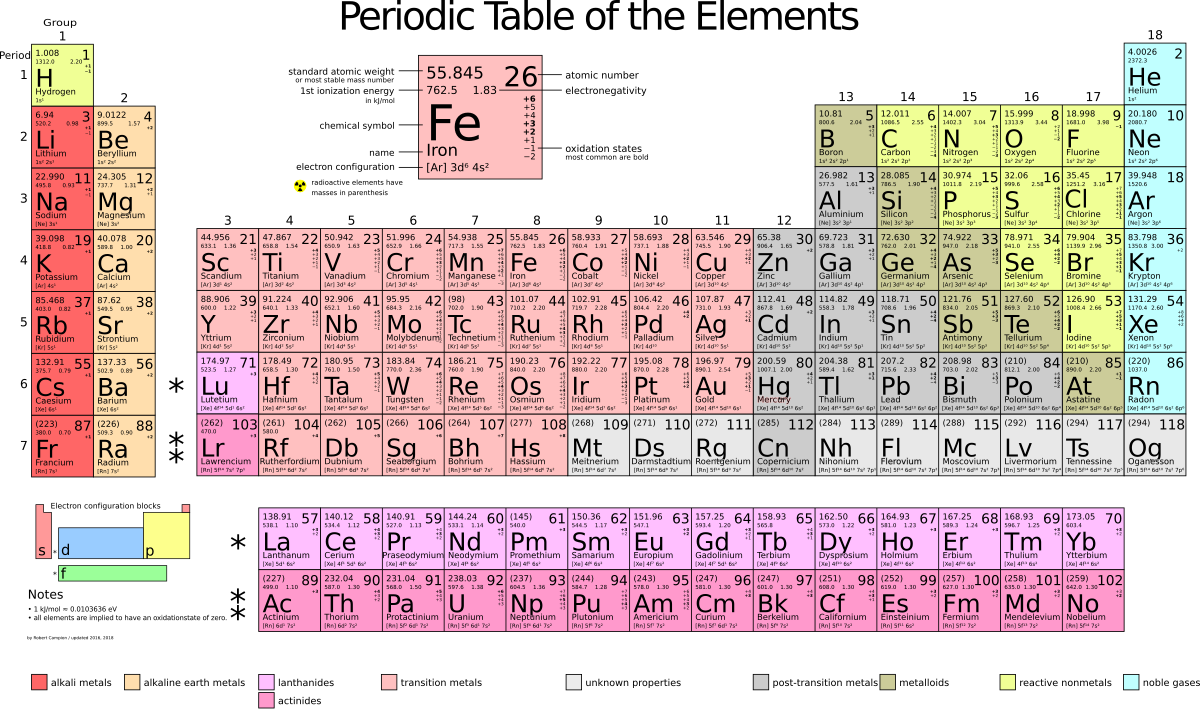In the first reading the author discuss how despite the vagueness of the definition of a 'game' there are a set of formal elements that can be found in most games that constitute them as a game, these included but were not limited to:
- Rules
- Conflict
- Goals
- Decision-making
- An uncertain outcome
and also states that they should be:
- Artificial
- Voluntary
- A simulation of some sort
- An inefficient task
- Considered an art
- Be a closed system
The author then goes on to present a more concise list of these terms which they dub the Atomic Elements of Games which are:
● Players (Persons that participate in the game)
● Objectives (goals) (Things to do within/throughout the process of the game)
● Rules (Restrictions of the game system)
● Resources and Resource Management (All assets of the game and those which the player interacts with)
● Game State (The state of everything at any point in time of a game (players, assets, etc.)
● Information (What information and the amount available to players throughout the game)
● Sequencing (The timing of the game e.g. turn based gameplay)
● Player Interaction (How the players interact with both each other and the game itself)
● Theme (Narrative, Backstory, Setting)
● Games as Systems (The game should function as a closed system)
The author finally discusses both the process and importance of critical analysis and how it should be thorough and unbiased and should be used to gain understanding of a game and it's systems.
In the second academic reading titled "Game Design Research" published by Kultima Annakaisa the author discuss how in the field of Game/Games studies there is a disconnect between itself and general Design Research. It is then state that the basic interests of academic research can be broken into the three categories of games, gamers, and gaming. It is also stated that some academic study focuses instead on the interaction between players and games themselves and the context surrounding both.
It is stated that academic Game Studies dates to about 2001 and that initially there was debate on it requiring new academic processes due to it differing greatly from studies of existing fields of research.
It is conveyed that the field of Game Studies consists of researchers originating from a multitude of other disciplines. This led to a bias in Game Studies based on the beliefs and focuses of the researcher's original field. There was a observation of Game Studies possibly breaking off into sub-communities as a result of this but it was opposed by the point that no singular biases were causing such breaking off in contemporary game research. A data driven examination of the field revealed that there were indeed different clusters of academic papers and venues in Game Research that split into technical and non-technical study but it was also revealed that even within those groups there was still a wide variety of research interests.
The author reveals how there is debate within the field on how game design research should be conducted; whether it is strictly through the lens of a problem-solving activity or if it should be studied more similarly to General Design standards and frameworks.
It was also found that 'Game Design' as an academic term was used extremely loosely in research and was used to define a vague multitude of aspects. It was also found that Game Developers themselves also considered the term in widely differing contexts.
In the third reading, the authors discuss prototyping in the process of creating a game. The state that it is a great way to explore different primary aspects of a game such as it's space, mechanics, length, etc. The state that prototypes can range from extremely rudimentary such as basic physical(in their case paper) prototypes to more in depth working digital prototypes. They reveal that prototyping is used to help develop ideas and how it aids in the discovery and evolution process of a game.



No comments:
Post a Comment